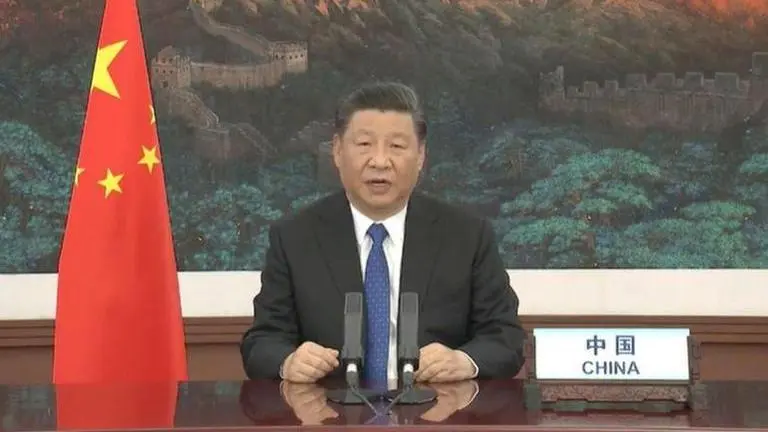Updated 30 June 2020 at 20:04 IST
China says new Hong Kong security law a 'sword' over heads of troublemakers
China will have sweeping powers in Hong Kong's internal affairs after the enforcement of the controversial national security law, according to Xinhua Agency.
- World News
- 2 min read

Authorities in Bejing said on June 30 that the new Hong Kong security law will be like a 'sword' over the heads of those who compromise on national security. The statement came as Chinese President Xi Jinping signed the law into effect on Tuesday making the controversial law part of Hong Kong's constitution. The main Chinese body that looks into Hong Kong's internal affairs said that the law will affect only a small number of people who will endanger the national security in the autonomous city, adding that the majority of people will be unaffected.
China will have unprecedented powers in Hong Kong's internal affairs from now as the controversial national security law has been enforced, according to Xinhua News Agency. As per details of the new security law released by Xinhua News Agency, Hong Kong will establish a local national security council with city executive Carrie Lam as its head and an adviser from the mainland. New local police and prosecution units will be set-up to make sure the law is implemented. Beijing-backed Hong Kong's chief executive Carrie Lam will also have the power to appoint judges to hear cases related to the new security law.
Advertisement
Protests
Residents of Hong Kong took to streets to protest against the new controversial national security law, that was approved by the National People's Congress in May and signed by President Xi Jinping into effect on June 30. The bill has garnered widespread condemnation from governments and business people across the world who argue that the law will further suffocate the remaining freedoms and autonomy enjoyed by the former British colony. Massive protests in Hong Kong began last year after a China-backed extradition bill was put forward by the city's executive. The bill was later withdrawn but protests continued demanding an investigation into police brutality among other things.
Advertisement
(Image Credit: AP)
Published By : Vishal Tiwari
Published On: 30 June 2020 at 20:04 IST
